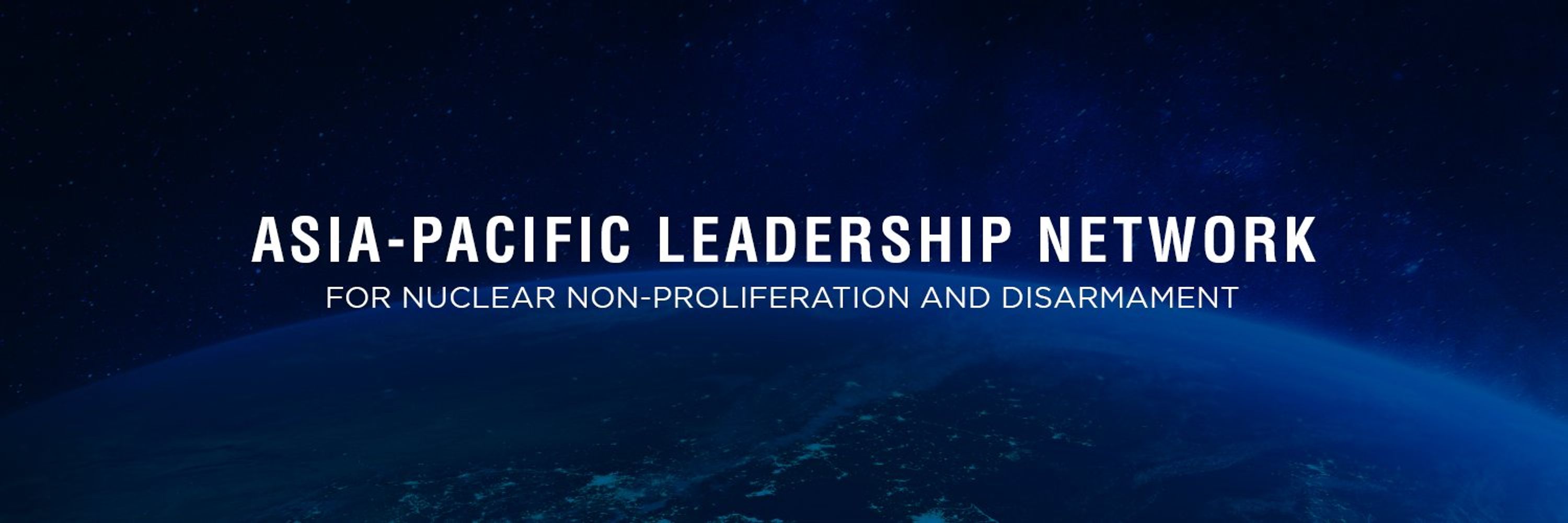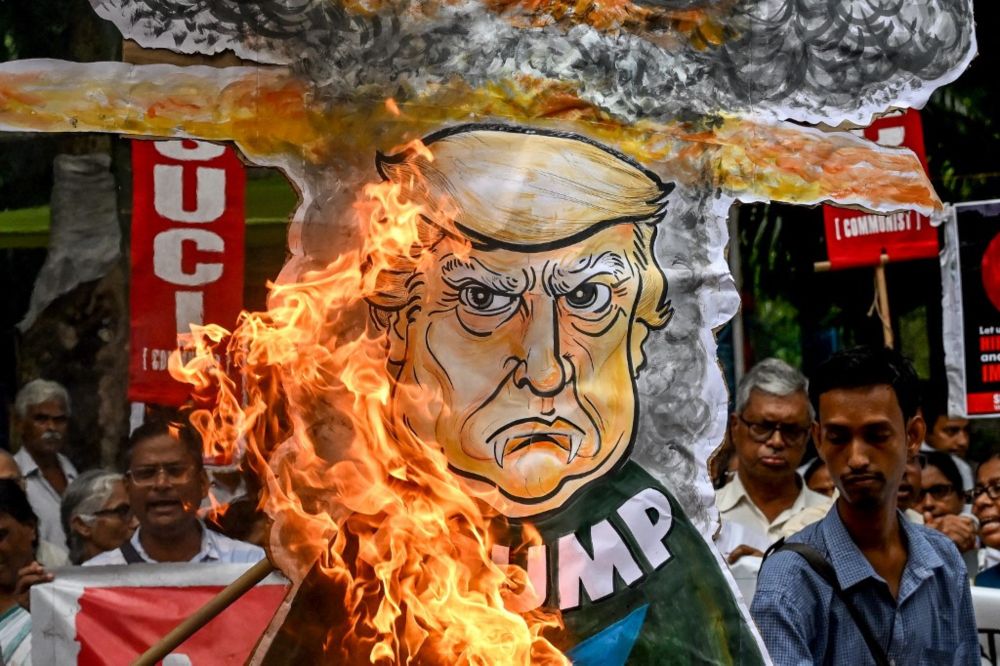
carnegieendowment.org/emissary/202...

carnegieendowment.org/emissary/202...
Read here ⤵️
ipcs.org/comm_select....
Read here ⤵️
ipcs.org/comm_select....
www.tribuneindia.com/news/comment...
www.tribuneindia.com/news/comment...
eastasiaforum.org/2026/01/05/n...

eastasiaforum.org/2026/01/05/n...

➡️ www.apln.network/analysis/the...

➡️ www.apln.network/analysis/the...
www.apln.network/analysis/the...

www.apln.network/analysis/the...
www.apln.network/projects/voi...

www.apln.network/projects/voi...
institutmontaigne.org/en/expressio...

institutmontaigne.org/en/expressio...
www.scmp.com/opinion/asia...

www.scmp.com/opinion/asia...
www.youtube.com/watch?v=eokk...

www.youtube.com/watch?v=eokk...
www.apln.network/analysis/com...

www.apln.network/analysis/com...
We have released a new report on the APLN 'Suva Dialogue on Security in the Pacific and Asia,' which champions Pacific voices in security discussions and reveals a strong vision for regional cooperation beyond the US-China competition. (1/6)

We have released a new report on the APLN 'Suva Dialogue on Security in the Pacific and Asia,' which champions Pacific voices in security discussions and reveals a strong vision for regional cooperation beyond the US-China competition. (1/6)

We have released a new report on the APLN 'Suva Dialogue on Security in the Pacific and Asia,' which champions Pacific voices in security discussions and reveals a strong vision for regional cooperation beyond the US-China competition. (1/6)

We have released a new report on the APLN 'Suva Dialogue on Security in the Pacific and Asia,' which champions Pacific voices in security discussions and reveals a strong vision for regional cooperation beyond the US-China competition. (1/6)
europeanleadershipnetwork.org/commentary/a...

europeanleadershipnetwork.org/commentary/a...
www.apln.network/analysis/com...

www.apln.network/analysis/com...


In our latest APLN commentary, Professor Lim Eunjung at Kongju National University (KNU) reviews the Gyeongju Declaration and distills three key insights from the 2025 Gyeongju APEC Summit.
Read here: apln.network/analysis/com...

In our latest APLN commentary, Professor Lim Eunjung at Kongju National University (KNU) reviews the Gyeongju Declaration and distills three key insights from the 2025 Gyeongju APEC Summit.
Read here: apln.network/analysis/com...
www.thejakartapost.com/opinion/2025...

www.thejakartapost.com/opinion/2025...
www.apln.network/analysis/the...

www.apln.network/analysis/the...
Dr. Wu Chunsi of the Shanghai Institutes for International Studies (SIIS) discusses three notable outcomes of the Xi-Trump meeting in Busan on Oct 30. Wu suggests that this meeting raises new expectations for improved 🇨🇳🇺🇸 ties.
➡️ www.apln.network/analysis/com...

Dr. Wu Chunsi of the Shanghai Institutes for International Studies (SIIS) discusses three notable outcomes of the Xi-Trump meeting in Busan on Oct 30. Wu suggests that this meeting raises new expectations for improved 🇨🇳🇺🇸 ties.
➡️ www.apln.network/analysis/com...
Dr. Wu Chunsi of the Shanghai Institutes for International Studies (SIIS) discusses three notable outcomes of the Xi-Trump meeting in Busan on Oct 30. Wu suggests that this meeting raises new expectations for improved 🇨🇳🇺🇸 ties.
➡️ www.apln.network/analysis/com...

Dr. Wu Chunsi of the Shanghai Institutes for International Studies (SIIS) discusses three notable outcomes of the Xi-Trump meeting in Busan on Oct 30. Wu suggests that this meeting raises new expectations for improved 🇨🇳🇺🇸 ties.
➡️ www.apln.network/analysis/com...
apln.network/projects/nuc...
apln.network/projects/nuc...

